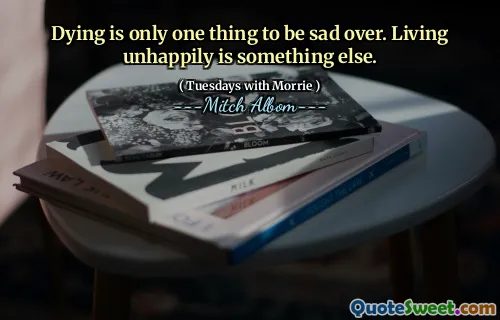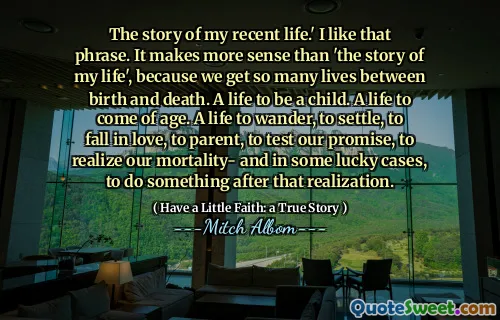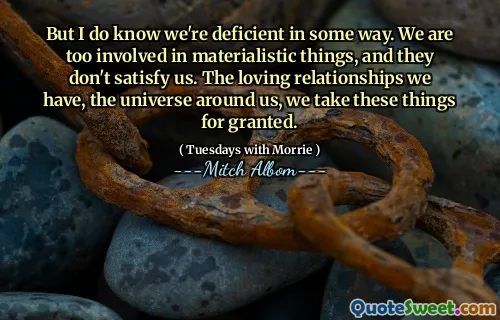The mysteries of a universe made of drops of fire and clods of mud do not concern us in the least. The fate of humanity condemned ultimately to perish from cold is not worth troubling about. If you take it to heart it becomes an unendurable tragedy. If you believe in improvement you must weep, for the attained perfection must end in cold, darkness and silence. In a dispassionate view the ardour for reform, improvement for virtue, and knowledge, and even for beauty is only a vain sticking up for appearances as though one were anxious about the cut of one's clothes in a community of blind men.
In the quote from Joseph Conrad's work, the author expresses a sense of disillusionment regarding the universe and humanity's fate. He suggests that the vast complexities of existence, defined by elements like fire and mud, are not worth our concern. Instead, he emphasizes that contemplating humanity's ultimate demise in a cold and silent universe can lead to unbearable sorrow. Thus, grappling with these existential truths may prove fruitless.
Conrad argues that the pursuit of improvement, knowledge, and beauty could be seen as futile endeavors, ultimately leading to despair. He likens the effort to maintain appearances to worrying about one's attire in a world where no one can see. This notion underlines the idea that striving for virtue and progress is an exercise in vanity, particularly in light of the inevitable decline towards darkness and silence that awaits all. Through this perspective, Conrad challenges the reader to rethink the value of such pursuits in a seemingly indifferent universe.





